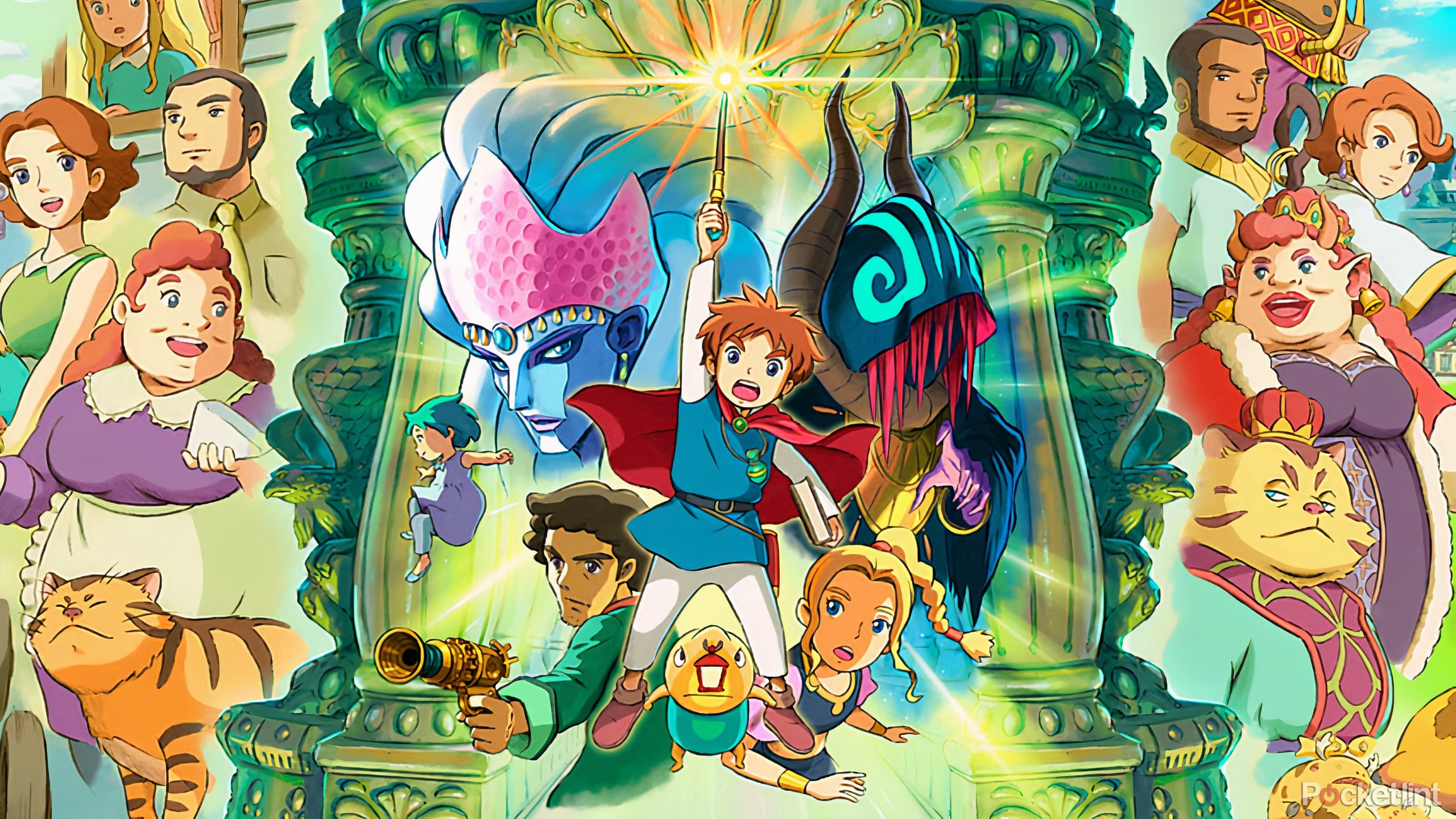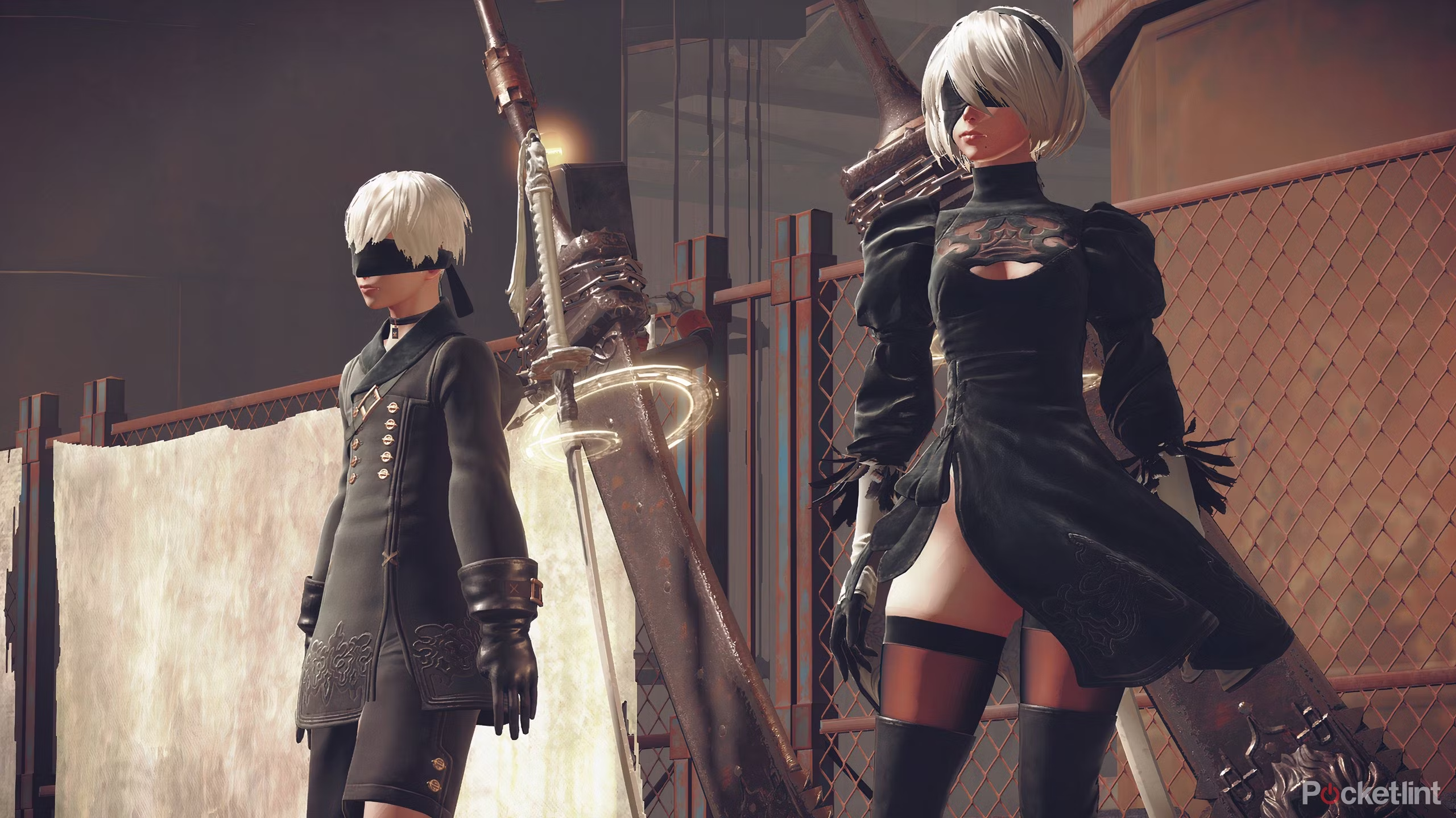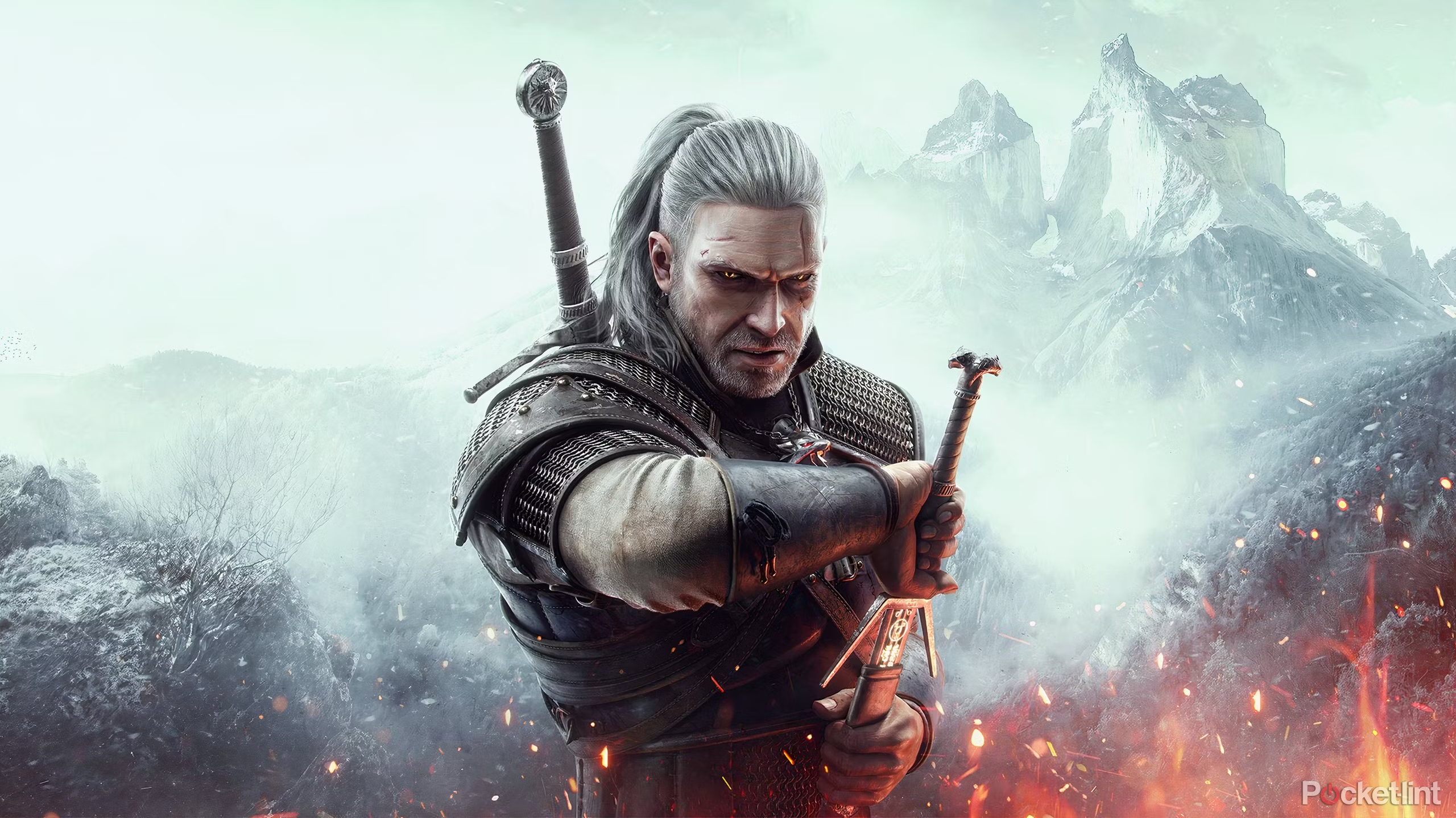Key Takeaways
- Finishing a game can leave a void, leading to “post-game blues,” a real emotional rollercoaster.
- Watching related TV shows helped ease the transition from game worlds back to reality.
- Engaging with complementary media extends emotional and intellectual engagement, allowing reflection and processing.
There’s an indescribable rush that comes with conquering a video game. The exhilarating feeling as the credits roll, the satisfaction of unraveling complicated narratives, and the bittersweet realization that your adventure through a carefully crafted world has come to an end. But what happens when you set the controller down and reality sets back in? I’ve found myself riding this emotional rollercoaster more times than I can count, and I’ve learned that the “post-game blues” are real. As a lifelong gamer, I’ve traversed countless virtual worlds, each leaving its own unique imprint. The evolution of video games from simple pixelated adventures to complex, narrative-driven experiences has transformed the medium into an art form capable of provoking powerful emotions. In the end, this deep engagement can result in a sense of loss
1 The Last of Us
Post-Apocalyptic Survival and Human Connection
After completing The Last of Us, I felt a void that I couldn’t quite explain. The intense bond I’d formed with Joel and Ellie left me yearning for more of their world, even as I knew their story had reached its natural conclusion. The game’s brutal yet beautiful post-apocalyptic setting had become a second home, and saying goodbye to it felt like leaving a piece of myself behind.
To ease the transition, I turned to The Walking Dead TV series. While it didn’t replicate the game’s emotional depth, it offered a similar post-apocalyptic setting that helped me gradually detach from Joel and Ellie’s journey while still indulging in themes of survival and human relationships. The show’s focus on group dynamics and the ethics of survival in a hostile world resonated with the themes I’d explored in The Last of Us.
As I watched Rick Grimes and his group navigate their harsh new reality, I found myself drawing parallels to Joel and Ellie’s experiences. It wasn’t a perfect match, but it provided a familiar context that allowed me to process my feelings about the game. Slowly, I found myself invested in this new group of survivors, their struggles helping to fill the void left by the game’s conclusion.
2 Mass Effect
Bioware’s Sprawling Space Saga
BioWare
The Mass Effect trilogy left me in a similar state of emotional limbo. After spending countless hours shaping the fate of the galaxy as Commander Shepard, returning to my ordinary life felt underwhelming. The richly detailed alien cultures, the weight of universe-altering decisions, and the camaraderie forged with my crew members had become an integral part of my daily life. Suddenly, all of that was gone.
I found solace in The Expanse, a space opera that, while different in many ways, captured the essence of interstellar politics and dynamic character relationships that I’d grown to love in Mass Effect. The show’s intricate plot, diverse cast of characters, and exploration of humanity’s future in space provided a new outlet for my cosmic wanderlust. As I followed the crew of the Rocinante on their adventures, I found echoes of my experiences as Commander Shepard. The political maneuvering between Earth, Mars, and the Belt reminded me of navigating the interactions between the galaxy’s species in Mass Effect. The diverse crew, each with their own backstories and motivations, filled the void left by my beloved squadmates.
3 Ni No Kuni: Wrath of the White Witch
Magical Adventure in Parallel Worlds
Sometimes, life’s hardest moments coincide with our gaming experiences, creating a powerful and unexpected connection. This was the case for me with Ni No Kuni: Wrath of the White Witch. I picked up this game not long after my mother had passed away, not realizing how deeply it would resonate with my grief and help me process my loss.
Ni No Kuni tells the story of Oliver, a young boy who loses his mother and then embarks on a magical journey to an alternate world in hopes of saving her. The parallels to my own situation were uncanny and, at times, almost too much to bear. Yet, as I guided Oliver through his adventures, I found myself working through my own grief in ways I hadn’t expected.
The game’s themes of loss, hope, and the enduring power of love spoke directly to my mourning heart. Watching Oliver’s determination to save his mother, even in the face of impossible odds, gave me a strange comfort. It was as if his journey was giving voice to my own desperate wish to have my mother back while also gently showing me the importance of moving forward.
What struck me most was how the game dealt with the concept of accepting loss while keeping loved ones alive in our hearts. As Oliver learns to find strength in his memories and the lessons his mother taught him, I, too, began to focus more on cherishing the memories I had with my mom rather than drowning in the pain of her absence.
After completing Ni No Kuni, I found myself turning to Studio Ghibli films, particularly My Neighbor Totoro.
The game’s stunning Studio Ghibli-style artwork and heartwarming soundtrack provided a soothing backdrop to this emotional journey. The whimsical characters and magical world offered a much-needed escape while still allowing me to confront my feelings in a safe, controlled environment.
After completing Ni No Kuni, I found myself turning to Studio Ghibli films, particularly My Neighbor Totoro. Like Ni No Kuni, this film deals with themes of childhood, magic, and family in a way that is both fantastical and deeply emotional. The story of two young girls coping with their mother’s illness resonated with my experience, and the film’s gentle pace and beautiful animation provided a similar comfort to what I’d found in the game.
Reflecting on this experience, I realized that Ni No Kuni had become more than just a game for me. It had been a companion in my grief, a safe space to explore difficult emotions, and, ultimately, a step on my path to healing. It demonstrated to me the unique power of video games to not just entertain, but to help us process real-life experiences and emotions.
This experience with Ni No Kuni taught me that sometimes, the games we play can have a far deeper impact on our lives than we initially expected. They can become intertwined with our personal narratives, offering solace, understanding, and even a form of therapy during our most challenging times.
4 Nier: Automata
Yoko Taro’s Mind-Bending Robot Saga
One of the most memorable post-game experiences I had was after finishing Nier: Automata. Its existential themes and multiple endings left me questioning the nature of consciousness and existence itself. The game’s bold narrative choices and philosophical depth had pushed the boundaries of what I thought was possible in interactive storytelling.
I found myself turning to Devs, a TV show that, while not directly related, delved into similar philosophical territory. It helped me process the game’s complicated ideas and gradually return to reality without completely abandoning the intellectual stimulation Nier: Automata had provided. The show’s exploration of determinism, free will, and the nature of reality provided a new framework for contemplating the questions raised by the game.
As I followed the characters in Devs on their journey of discovery, I found myself revisiting the existential quandaries posed by Nier: Automata. The show’s visual style, with its emphasis on symmetry and natural patterns, even echoed some of the aesthetic choices in the game. This unexpected connection helped me to continue engaging with the game’s themes long after I’d stopped playing.
5 Journey
Wordless Pilgrimage Through Desert Vistas
Journey left me in a meditative state that I wasn’t quite ready to leave. Its wordless storytelling and emotional impact had been extremely moving, and I found myself craving more of that serene yet powerful experience. The game’s ability to convey a rich narrative and evoke strong emotions without dialogue had opened my eyes to new possibilities in storytelling.
Surprisingly, I found what I was looking for in Planet Earth. The nature documentary’s breathtaking visuals and ability to convey narrative without dialogue resonated with what I had loved about Journey, helping me transition while maintaining that sense of wonder. The sweeping vistas and intimate animal encounters in Planet Earth echoed the emotional beats of my adventure through the game’s mystical desert.
As I watched the silent dramas of nature unfold, I found myself experiencing the same sense of awe and connection that Journey had inspired. The documentary’s ability to tell compelling stories through pure visual storytelling helped me to appreciate the artistry of Journey in a new light and to find similar moments of beauty and meaning in the natural world around me.
6 The Witcher 3
Grizzled Witcher’s Morally Gray Quest
The Witcher 3: Wild Hunt was another game that left a lasting impression. Its vast, morally ambiguous world and complex characters had consumed my thoughts for weeks. The game’s blend of fantasy elements with gritty realism had created a unique atmosphere that I was reluctant to leave behind.
To ease the transition, I turned to Game of Thrones. While set in a different kind of fantasy world, the show’s political intrigue, morally gray characters, and occasional supernatural elements provided a familiar yet fresh experience. The tangled web of alliances and betrayals in the show echoed the intricate quests and consequences I’d navigated in The Witcher 3.
As I watched the machinations of the noble houses of Westeros, I found myself applying the same critical thinking and moral reasoning that had served me well in the Northern Kingdoms. The show’s exploration of power, loyalty, and the cost of honor resonated with the themes I’d encountered in Geralt’s adventures, helping me to process and extend my gaming experience.
The “post-game blues” are a testament to the power of interactive storytelling.
These experiences taught me that the end of a game doesn’t have to mean the end of the journey. By finding complementary TV shows, I’ve learned to extend the emotional and intellectual engagement these games provide, easing the transition back to reality. It’s a reminder that the stories we love in games can find echoes in other media, helping us process our experiences and gradually move on to our next adventure.
The “post-game blues” are a testament to the power of interactive storytelling. They’re a sign that we’ve engaged with something meaningful, something that has touched us on a deep level. By finding ways to process these feelings and extend our engagement with the themes and ideas presented in games, we can turn the end of a game into the beginning of a new phase of exploration and reflection.
So, the next time you finish a game and find yourself staring at a blank screen after the credits roll, remember that the journey doesn’t have to end there. There’s a whole world of stories waiting to help you process, reflect, and eventually move on to your next great gaming experience. Whether it’s through related TV shows, books, or even discussions with fellow fans, find ways to honor the impact these games have had on you. In doing so, you’ll not only ease the transition but also deepen your appreciation for the artistry and storytelling power of video games.
Trending Products










